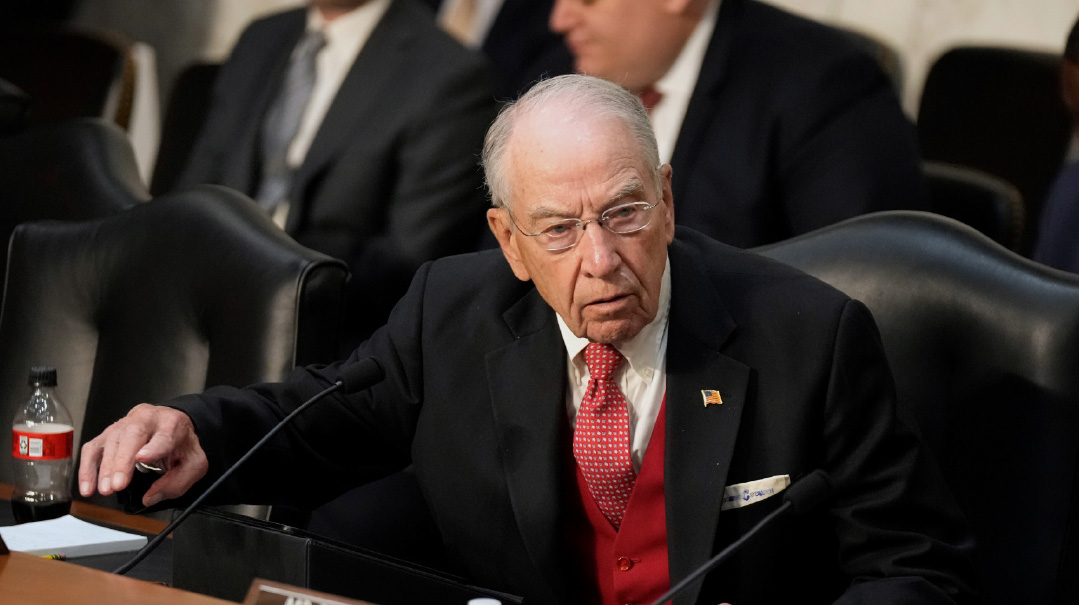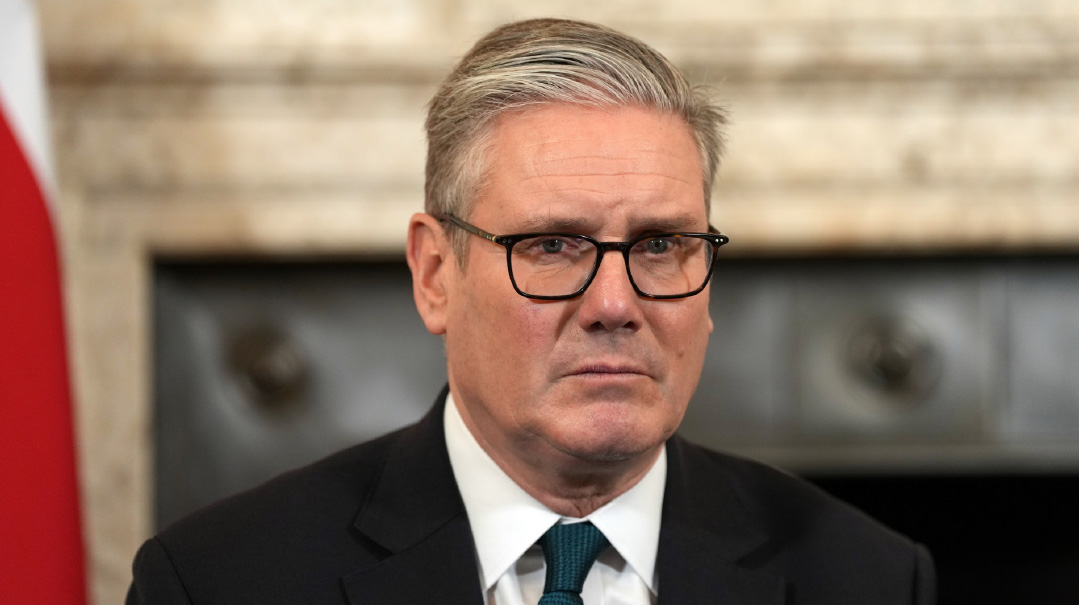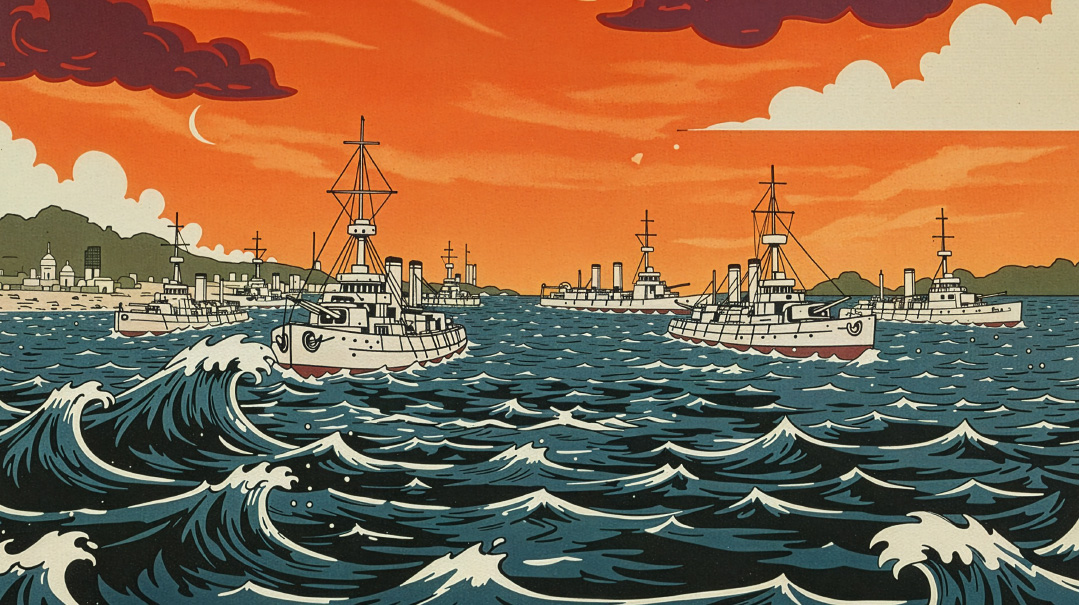The Battle for Quebec

Will kippahs be outlawed in Quebec?

A
proposed law in Quebec would forbid Jewish public servants, like police officers and public school teachers, from wearing kippahs to work, a measure that supporters say will ensure the Canadian province’s secular character.
The Jewish community is fighting back.
“My kippah is my deep faith,” declared Lionel Perez, a Montreal City Council member, in response to the proposed law, known as Bill 21. “The fact of wearing it does not prevent me from defending the interests of my constituents and my fellow citizens and from contributing to Quebec society. It does not cast doubt on my impartiality. My kippah is not an affront to secularism. On the contrary, it’s proof that Quebec is evolving while respecting its diversity.”
The Quebec government, led by Premier François Legault of the center-right nationalist Coalition Avenir Quebec party, claims that a “large majority” of Quebecers favor the measure, which would also ban Muslim head coverings and Sikh turbans. Since his party controls Quebec’s legislature, passage of the bill at the end of June is all but assured.
Critics argue that Quebec’s secularism is not under threat, and that restriction of religious freedoms and equal access to employment in private and public sectors is unjustified. Neither is there evidence that those impacted by the bill ever demonstrated partiality in carrying out their professional duties.
Perez, the interim opposition council leader in Montreal City Hall, considers himself living proof that one can wear a religious symbol and impartially carry out one’s civic duties. Shortly after Bill 21 was proposed in April, Perez presented a motion in Montreal City Hall that called on the Quebec government to adopt the concept of “open secularism,” essentially guaranteeing respect for different religious practices. He believes that Quebecers should not be forced to choose between working for the government and expressing their religious faith. Perez’s motion was unanimously adopted.
The Quebec government has also employed the so-called “notwithstanding clause” a little-used legal device that allows provinces to override federal statutes, in this case the Canadian Charter of Rights and Freedoms. Opponents say use of the clause will severely limit workers’ ability to challenge this new legislation in court. The Canadian Bar Association recently called for its removal from the bill and challenged the government to let the courts do their job.
Beyond the constitutional issues, critics challenge the arbitrariness and incoherence of the bill as it currently stands. “The law doesn’t define ‘religious symbol,’ ” points out constitutional and litigation lawyer Gregory Bordon, an Orthodox Jew. “Is a Magen David a religious symbol? How about a sheitel? If an Orthodox Jew wears a baseball cap, is that now a religious symbol, whereby his nonreligious colleague’s cap isn’t? Without this clarity, the law remains open to subjective interpretation and implementation.”
Furthermore, the law doesn’t differentiate between visible and hidden symbols. A literal reading of the law might prohibit the wearing of tzitzis. Immigration Minister Simon Jolin-Barrette, who proposed the bill, openly stated that the law includes hidden symbols, Bordon says. As well, which symbols are deemed as religious? Aboriginal symbols are termed “spiritual,” whereas Quebec patrimony protects Christian symbols.
The Center for Israel and Jewish Affairs (CIJA), one of two faith-based organizations asked to testify before Quebec’s National Assembly, voiced the Jewish community’s opposition to the measure. In addition to general criticisms, the CIJA specifically objected to including teachers in the law. “We see a large distinction between positions of authority where people may be in uniform and have penal power over teachers in schools,” says Eta Yudin, CJIA’s Quebec vice president and one of three CIJA representatives who testified.
Within the Jewish community, Yudin says, the majority is opposed to the legislation. In contrast, there is a clear consensus throughout Quebec society that supports and embraces the notion of a secular state, as defined by Bill 21.
Why is all of this happening in Quebec?
“In the 1950s, the state imposed an ideology — Catholicism — on its citizens; it’s now imposing another ideology — a form of anti-religion, which is no more justified than the former,” Bordon says. “During the [1960s] Quiet Revolution, Quebec began opening up its society, making sure that there was a public space where everyone can participate equally. Quebec was the first jurisdiction in Canada to have a Charter of Rights with no notwithstanding clause. That sensibility is now being turned on its head.”
Bordon, who is on the steering committee of Coalition Inclusion Quebec, a loose coalition of individuals and groups opposing Bill 21, says that lawyers are busy formulating a wide range of arguments to present before the courts. Moreover, their coalition is planning several projects, including hearings, to educate the public on the discriminatory nature of the law, and to keep the issue in the public eye. “The fight for the soul of Quebec will continue,” Bordon says. “Premier Legault says we will turn the page and move on. We are not going to turn the page. Once the legislation passes, the real battle starts.”
(Originally featured in Mishpacha, Issue 762)
Oops! We could not locate your form.













